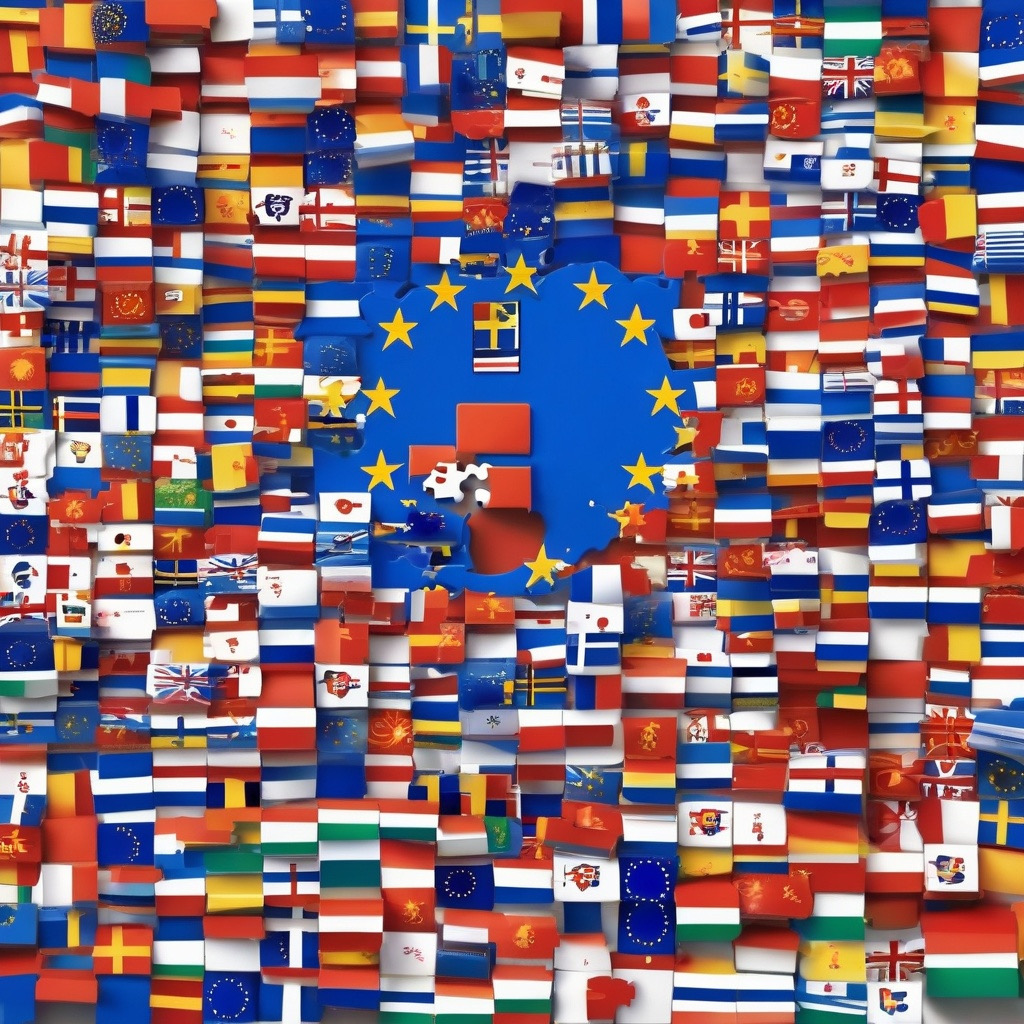Brussels has overridden national veto rights to push through its sanctions package against Russia. By reclassifying these sanctions as “trade measures,” the EU has bypassed unanimous decision-making, silencing Hungary and Slovakia in the process. This maneuver sets a dangerous precedent, one that shifts the EU further away from consensus and deeper into coercion. Smaller nations, once protected by their veto rights, now face the prospect of being overridden by larger, centralizing powers.

This is not about supporting Russia, nor is it about opposing sanctions. The issue here is far greater—it is a matter of principles: the unchecked growth of EU overreach and the erosion of national sovereignty. This is no mere procedural adjustment—it is an existential threat to Europe’s freedom.
Unanimity once safeguarded national sovereignty, ensuring every nation had a voice. Yet today, Brussels labels unanimity an “obstacle,” demonizing smaller states like Hungary and Poland for protecting their people. By sidelining dissent, the EU strips nations of their right to self-determination and enforces policies through domination rather than cooperation. The result? A steady erosion of diversity, with member states reduced to mere administrative regions under Brussels’ thumb.

When veto rights fall, so does the foundation of Europe’s diversity. Without it, the balance of power shifts decisively toward centralization, leaving smaller nations voiceless in their own futures. This existential threat to national sovereignty and freedom is more than procedural.

It challenges the foundational principles of unity in diversity, risking the unique identities and self-determination that once defined Europe’s collaborative spirit.





